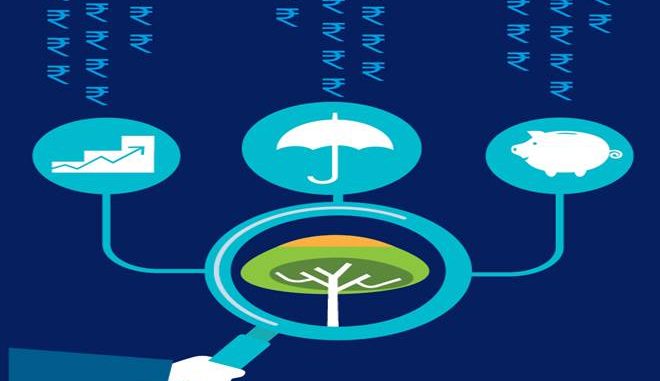

The Union Budget presented by finance minister Nirmala Sitharaman on February 1 gave the option to an assessee to either consider all exemptions and deductions while calculating taxability of total income or forego all exemptions and deductions and have a flat rate for tax. Is investing about saving taxes? Yes and No. Yes, because it reduces the incidence of tax. No, because investing is about creating wealth over multiple periods and cashflows and liquidity needs.
Savings and investments
To claim the benefit of deduction under Section 80C, you can invest in Employee Provident Fund (EPF), Public Provident Fund (PPF), equity-linked savings scheme (ELSS) of mutual funds, five-year bank term deposits, life insurance premiums, etc. Investing in any one one of these or a combination would have saved taxes based on the tax bracket you are in.
Now, the choice of the instruments will have an impact on the returns and the corpus. In fact, EPF, PPF and the five-year term deposits have a fixed rate of return determined at specific intervals. ELSS return is based on the movements of the equity markets. So, if an investor stays invested and continues the ELSS schemes, similar to staying put in EPF or PPF, he can earn double-digit annualised returns over 5-15 years.
The lock-in period of three years from the investment date in ELSS is both a boon and a bane. It is a boon because ELSS allows you to withdraw only after completion of three years. It is also a bane because typically an investor is prone to redeeming one’s investments because of market volatility, especially when the markets are under-performing and is affecting the net asset value of the funds.
Similarly, life insurance schemes besides providing life cover, also provide annuity or return of capital or periodic payments (based on the type). Life insurance is needed for your life protection and cash flow needs. The incentive in all these cases was not only to save tax but also provide a cover based on the choice effected by the investor.
Savings and tax
Now that saving for taxes is optional, it does not mean you discard the good practices. You should start saving and investing for wealth creation and growth and check your cashflow needs. Another important tax saving practice is under Section 80D for health insurance premium. Health insurance cover is taken for covering any hospitalisation needs and the government gave a nudge to the people, up to certain premium levels, as tax deductions.
With increasing cost of hospitalisation, would you like to remain exposed and utilise your investment savings and corpus to meet them? You will have to anyways, if the expense is more than the sum assured. But then, you can cover at least part of the expense with a health cover.
The government gave tax deductions on investments to incentivise individuals to save for various financial goals and build a nest egg. Long-term investing gives the compounding benefits and it is always better to start investing at an early stage and increase the investment amount gradually with rise in income.
As an investor, you should calculate to find out which tax structure suits you the most. However, do not miss out or stop your planned or new investments only because the tax incentives are not being cut or re-visited.
[“source=financialexpress”]
